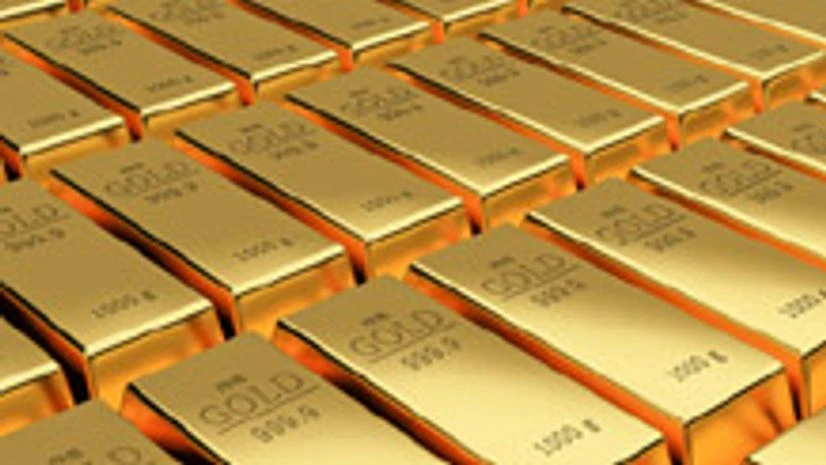The Fed said this week that the US economy was strong enough for its massive bond-buying scheme to be scaled back, winding down an era of easy money that saw gold rally to an all-time high of $1,920.30 an ounce in 2011.
"If you look at the global economy and the outlook for monetary policy ... we are in an environment where we are going to need a much bigger problem in the world than we foresee for gold to recapture any of its lustre," Baring Asset Management investment manager Andrew Cole said.
He said the fund had dissolved its exposure to bullion around six weeks ago.
"Our fear would be that investors will want to keep cutting their exposure to gold in 2014 because there are other assets like equities that pay them to be involved and you don't earn anything owning gold."
The metal lost 2.3 percent in the previous session, making it the major financial benchmark hardest hit by the U.S. central bank's taper, which will raise the opportunity cost of holding non-yielding gold.
Also Read
Spot gold hit its lowest since June on Friday at $1,185.10 an ounce, closing in on a 3-1/2-year low touched earlier that month, after the Fed first cast doubt on the scope of its stimulus as the economy started healing.
The market clawed back some ground, up 0.6 percent at $1,196.30 by 1038 GMT on pockets of physical buying, but remained vulnerable to further losses. U.S. gold futures for February delivery rose $1.50 an ounce to $1,195.10.
Prices are down around 3 percent this week, and some 29 percent year-to-date, halting a 12-year run of gains.
GLOW FADES
With an improving economy and stubbornly low inflation in the United States, gold's appeal as a hedge against inflationary pressures has subsided, analysts said.
"Investor sentiment is overwhelmingly bearish going into 2014 now that QE3 tapering is the new reality and inflation clearly remains subdued," VTB Capital analyst Andrey Kryuchenkov said.
As a gauge of investor sentiment, holdings in the SPDR Gold Trust, the world's largest gold-backed exchange-traded fund, fell 3.90 tonnes to 808.72 tonnes on Thursday, the lowest in nearly five years.
Outflows from the top eight gold ETFs have totalled about 720 tonnes as investors channel more money to equities.
Trading volumes on the Shanghai Gold Exchange, the world's biggest physical gold platform, rose to a two-month high this week as global bullion prices fell.
However, trading volumes in Shanghai are still well below the year's peak of 43.27 tonnes, which was reached on April 22 after global prices plunged by a whopping $208 over two sessions and unleashed pent-up demand.
Silver rose 0.5 percent to $19.38 an ounce. Spot platinum was up 0.7 percent at $1,323.75 an ounce, while spot palladium rose 0.6 percent to $697.75 an ounce.

)
